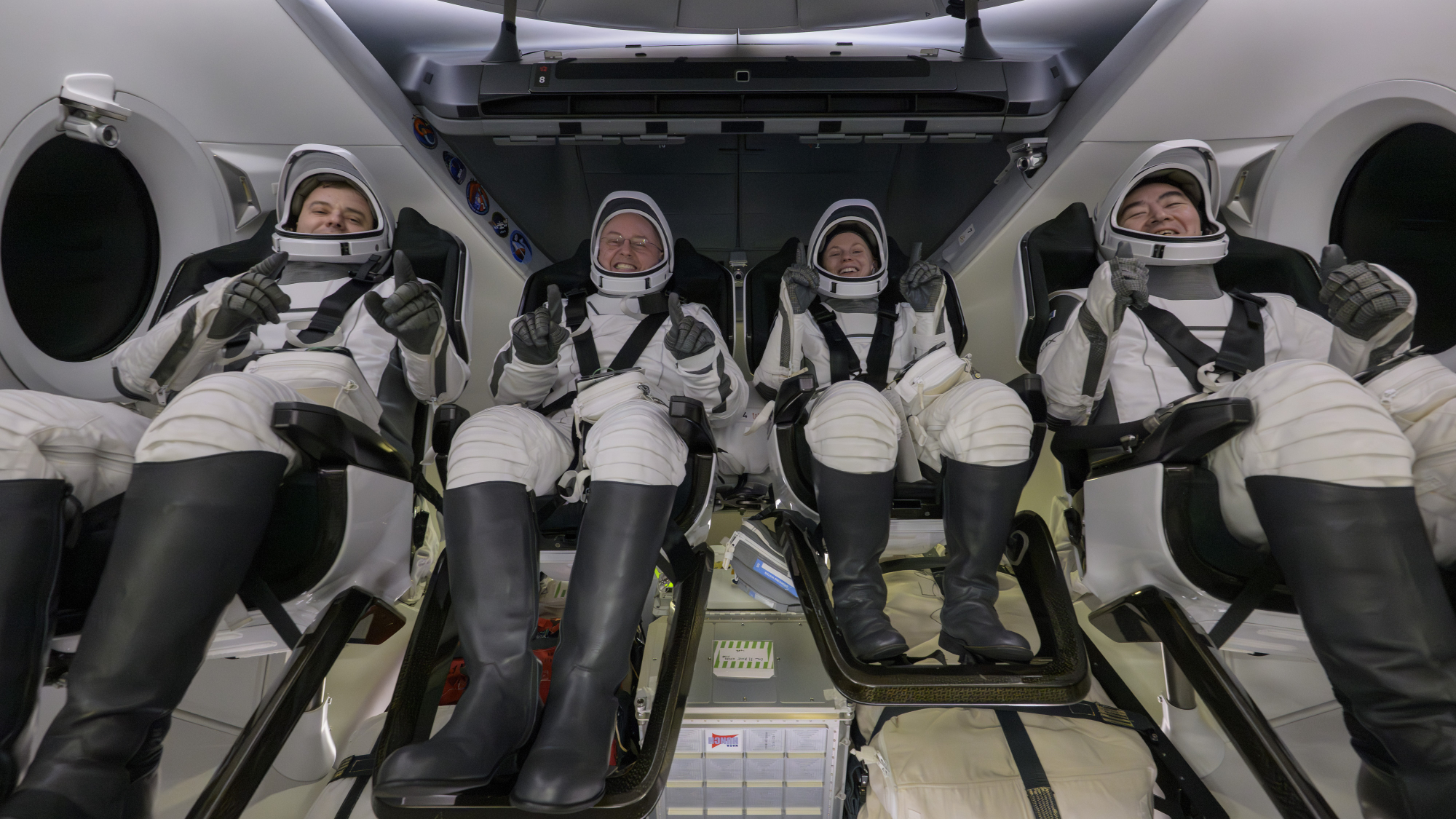Export Rules Boost U.S. Civil Servant Role in ATV Mission
With Europe?s first AutomatedTransfer Vehicle (ATV) due to deliver supplies to the International Space Stationthis fall, NASA has begun training U.S. civil servants to help trouble-shoot ifneeded during what is supposed to be a largely Russian-European operation.
Ordinarily, those problem-solving duties would fall primarily on NASA?s contractors. But U.S.export controls governing the exchange of technical data have complicatedmatters for NASA and its partners as they prepare for ATV?sdebut.
NASA asked the U.S. State Departmentin December for some space station-specific relief from U.S. InternationalTraffic in Arms regulations that govern manyspace-related products and services.
William Gerstenmaier, NASA?sassociate administrator for space operations, reported some progress on thatfront, but said?the agency is still moving aheadwhat it described several months ago?as a feasible workaround ? relyingmore heavily on civil-servant flight controllers who, under existing exportrules, can interact more freely withtheir non-U.S. counterparts.
?We are actually training civilservants as a workaround,? Gerstenmaier said following a May 17 presentationhere before the Washington Space Business Roundtable. ?It?s not truly trainingunique civil servants, but we are utilizing civil servants more than we wouldhave ... if we had some of these restrictions removed.?
Gerstenmaier?s presentation focusedon the rationale for space exploration and the role the International Space Station is playing inhelping the United States meet more outward-bound exploration goals. During aquestion and answer session, the spaceflight chief was asked by theaudience how export restrictions were impacting NASA?s interactions withits space station partners.
He said the restrictions have grownmore cumbersome since NASA and its many partners signed on to build the spacestation in the early 1990s.
Breaking space news, the latest updates on rocket launches, skywatching events and more!
?On space station, we tried to fixsome of that at the beginning,? he said. ?We got some ability to exchange databack and forth. But now it?s kind of crept back the other way. It?s gettingrestricted a little bit.?
Gerstenmaier said he understands theneed for export control policies designed to help the United Statesmaintain a competitive advantage in militarily useful technologies. But in some cases, he said, therules prevent?discussions about technologies thatare ?not all that big.?
On occasion, Gerstenmaier said, therules cause ?problems between us and ourinternational partners that are really more of a problem than the benefit weare gaining by having the ??restrictions in there,? he said.
The upcoming flight of ATV has putthe issue into stark relief.
?One of the things that?s toughthat?s coming up is the AutomatedTransfer Vehicle that?s getting ready to fly to space station this fall,?he said. ?We have to be careful with how we exchange data with our partners onthat, and that becomes somewhat of a problem especially as we are doingreal-time operations. If a problem occurs on ATV, [it affects] how openly wecan share data back and forth.?
Gerstenmaier said NASA has been talking to the StateDepartment about the issue, and mentioned that the U.S. Defense Department hassome exemptions that might be a good model for the relief NASA is seeking.
?We have been talking to some folksat State about some things and we will see if we can do some things there. [The DefenseDepartment] has some ability to do some things differently than NASA does. Wewill see if it makes sense.?
Gerstenmaier made clear that any relief NASAmight be granted would be limited in scope.
?It?s harder than it needs to be andwe will see if we can get some of that stuff changed,? Gerstenmaier said. ?Idon?t think we will get big changes, but it will remove some of those specificthings and make our lives easier.?
Meanwhile, preparations for thespace shuttle?s scheduledJune 8 liftoff are progressing smoothly, according to Gerstenmaier. Spaceshuttle Atlantis and a crew of six are due to deliver a new truss segment andadditional solar arrays to the space station.
The mission, the first of the year, hasbeen delayed since a severe thunderstorm in late February pelted theshuttle with golf-ball-sized hail, damaging the insulating foam on its external fuel tank. All told, therewere some 4,000 individual areas?requiring repair, Gerstenmaiersaid. That contrasts with 500 hail divots?requiring repair after space shuttleDiscovery was caught in a thunderstorm while waiting to make its May 1999flight to conduct the first docking to the then-fledgling International Space Station.
- Two European Launches to Space Station Delayed
- IMAGES: An Insider?s View of the International Space Station
- All About the International Space Station
Brian Berger is the Editor-in-Chief of SpaceNews, a bi-weekly space industry news magazine, and SpaceNews.com. He joined SpaceNews covering NASA in 1998 and was named Senior Staff Writer in 2004 before becoming Deputy Editor in 2008. Brian's reporting on NASA's 2003 Columbia space shuttle accident and received the Communications Award from the National Space Club Huntsville Chapter in 2019. Brian received a bachelor's degree in magazine production and editing from Ohio University's E.W. Scripps School of Journalism.
